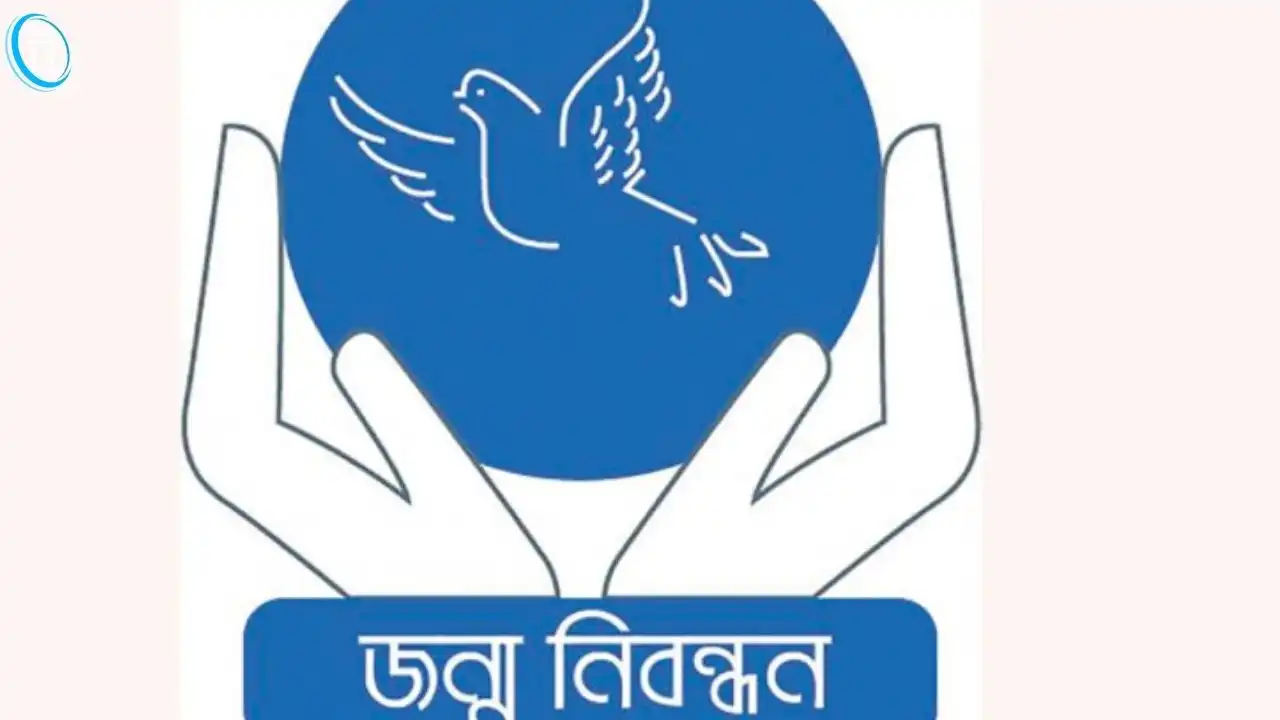CDC Confirms First Severe Bird Flu Case in the U.S.-The Centers for Disease Control and Prevention (CDC) has confirmed the first severe case of bird flu in the United States, marking a significant development in the country’s monitoring of avian influenza. The patient, currently hospitalized in Louisiana, is over the age of 65 and has underlying medical conditions, according to state health officials.
Details of the Case
The Louisiana patient is experiencing severe respiratory illness related to bird flu infection and is in critical condition. Genomic analysis revealed the patient was infected with a strain of the virus recently observed in wild birds and poultry across the U.S., as well as in some human cases in Canada and Washington state. This strain differs from another variant found spreading in dairy cows and certain poultry populations domestically.
The CDC reported that the patient had direct exposure to sick and dead birds in backyard flocks, making this the first human bird flu case in the U.S. linked to such exposure. An investigation into the exact source of the infection remains ongoing.
Bird Flu in the U.S.
Since April, 61 human cases of bird flu have been reported in the U.S., most involving direct contact with infected livestock. Prior to this Louisiana case, infections had been mild, with patients recovering after antiviral treatment. While one previous case in Missouri required hospitalization, other health conditions contributed to the severity of that patient’s illness.
Symptoms and Severity
Bird flu infections in humans can range from mild to severe. Common symptoms include:
- Sore throat
- Cough
- Fever
- Runny or stuffy nose
- Headache
- Muscle or body aches
- Fatigue
- Shortness of breath
Less common symptoms may include nausea, vomiting, diarrhea, and seizures. Severe cases can lead to pneumonia, requiring hospitalization.
Prevention and Risk
The CDC emphasizes that the best way to prevent bird flu is to avoid exposure to infected animals. Birds infected with avian influenza A viruses can shed the virus through saliva, mucus, and feces. Other animals may also shed the virus through respiratory secretions or unpasteurized milk.
Although no person-to-person transmission has been detected, individuals working with birds, poultry, or cows—or those engaging in recreational exposure to these animals—are at higher risk. The CDC recommends the following precautions:
- Wear protective equipment when handling animals.
- Avoid contact with sick or dead birds.
- Ensure thorough cooking of poultry and eggs.
Government Response
To address the spread of bird flu, the U.S. Department of Agriculture recently mandated raw milk testing nationwide after detecting the virus in raw milk samples from a California farm. This farm has since issued a recall and is under quarantine. Additionally, California Governor Gavin Newsom declared a state of emergency to expedite the state’s response, following 33 confirmed human cases of bird flu in the state this year.
Conclusion
While the risk to the general public remains low, the CDC’s confirmation of the first severe bird flu case in the U.S. underscores the importance of vigilance and preventive measures. Health officials continue to monitor the situation and recommend that individuals who work closely with birds or livestock exercise caution to reduce the risk of infection.
Stay informed and prioritize your health by following the CDC’s guidelines.
Trusted Sources for Updates
- Centers for Disease Control and Prevention (CDC)
- U.S. Department of Agriculture (USDA)
- World Health Organization (WHO) Avian Influenza
Stay Connected With Google News
Related Post For You :-
Surprising Reasons Why the Holidays Can Be Hard on Your Heart Russia to Launch Free Cancer Vaccine in 2025 What’s Happening With Tonix Pharmaceuticals Stock Today?


